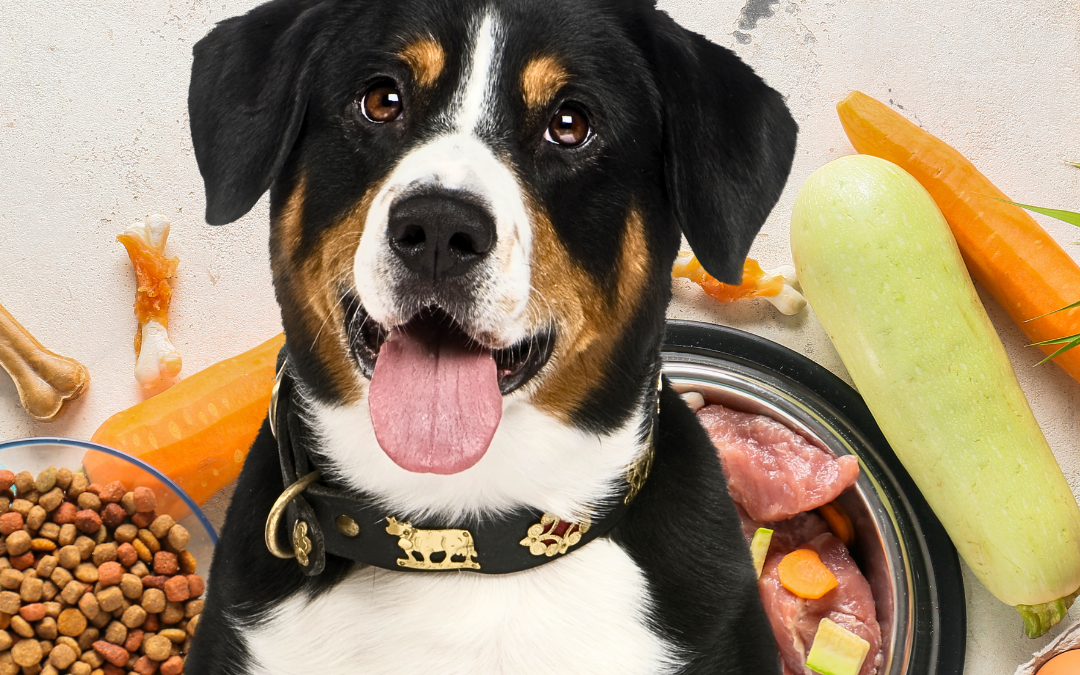Ensuring your pet receives a balanced and nutritious diet is essential for their overall health and well-being. With the right approach to meal planning, you can support their vitality and longevity. Here’s a comprehensive guide to help you keep your furry friend eating well and thriving.
1. Understand Your Pet’s Nutritional Needs
- Research your pet’s specific dietary requirements based on their species, breed, age, and any health considerations.
- Consult with your veterinarian to create a tailored meal plan that meets your pet’s individual needs.
2. Choose High-Quality Pet Food
- Opt for pet foods that are made from high-quality ingredients and are formulated to meet your pet’s nutritional requirements.
- Look for options with real meat as the primary ingredient and avoid artificial additives, fillers, and by-products.
3. Provide a Balanced Diet
- Ensure your pet’s diet includes a balance of protein, carbohydrates, fats, vitamins, and minerals.
- Incorporate a variety of food types, including lean meats, whole grains, fruits, and vegetables, to provide essential nutrients and promote overall health.
4. Practice Portion Control
- Avoid overfeeding your pet, as obesity can lead to various health issues such as diabetes, joint problems, and heart disease.
- Follow feeding guidelines provided by pet food manufacturers and adjust portion sizes based on your pet’s activity level and metabolism.
5. Monitor Your Pet’s Weight
- Regularly weigh your pet and keep track of any fluctuations in their weight.
- Adjust their diet accordingly to maintain a healthy weight and prevent obesity-related health issues.
6. Offer Fresh Water
- Ensure your pet has access to clean, fresh water at all times to stay hydrated and support proper digestion.
- Replace water bowls regularly and monitor your pet’s water intake, especially during hot weather or increased physical activity.
7. Avoid Table Scraps and Harmful Foods
- Refrain from feeding your pet table scraps, as many human foods can be harmful or toxic to animals.
- Common foods to avoid include chocolate, grapes, onions, garlic, alcohol, caffeine, and anything containing xylitol.
By following these simple yet effective tips, you can provide your pet with nutritious meals that promote optimal health and vitality. Remember, a balanced diet is the foundation for a happy and healthy pet. At Our House Braselton, we can talk about your pet’s health and nutrition.


